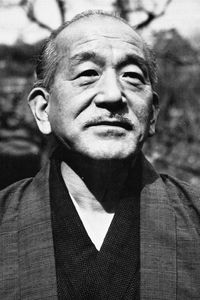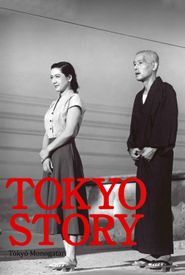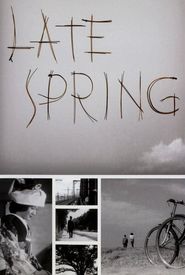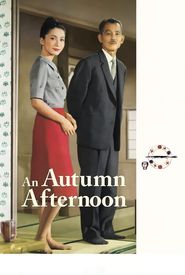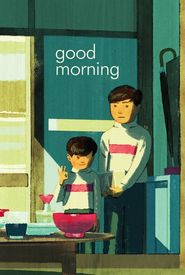Tokyo-born Yasujiro Ozu, a movie enthusiast since childhood, would often play truant from school to catch Hollywood films at his local cinema. This fascination with the silver screen led him to land a job as a camera assistant at Shochiku Studios in Tokyo in 1923. Just three years later, he was promoted to assistant director, and his directorial debut, Sword of Penitence, was released in 1927.
Over the next several years, Ozu went on to create thirty-five silent films, including a trilogy of youth comedies with serious undertones, which solidified his position as one of Japan's leading directors. His first sound film, The Only Son, was released in 1936, but his directorial career was soon interrupted by his drafting into the Japanese Army the following year.
Stationed in China for two years and then in Singapore when World War II broke out, Ozu's experiences during the war had a profound impact on his work. After being captured by British forces and spending six months in a prisoner-of-war camp, he returned to Shochiku Studios, where he began to create more serious and thoughtful films at a slower pace than before.
His masterpiece, Tokyo Story, released in 1953, is widely regarded by critics and film enthusiasts as not only one of his finest works but also one of the greatest films ever made. Other classics from his oeuvre include The Flavor of Green Tea Over Rice (1952),Floating Weeds (1959),and An Autumn Afternoon (1962).
Ozu, who never married and lived with his mother throughout his life, passed away in 1963, two years after her passing, due to complications from cancer.
